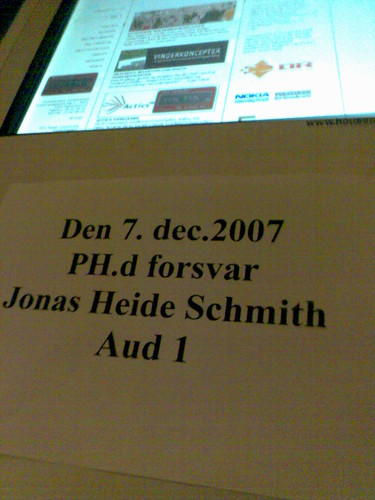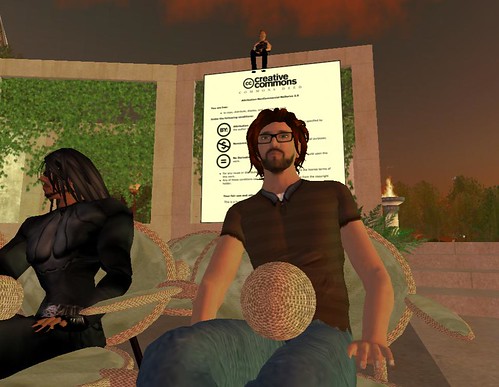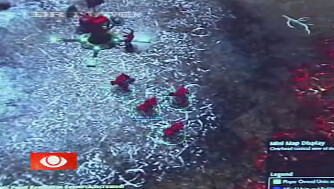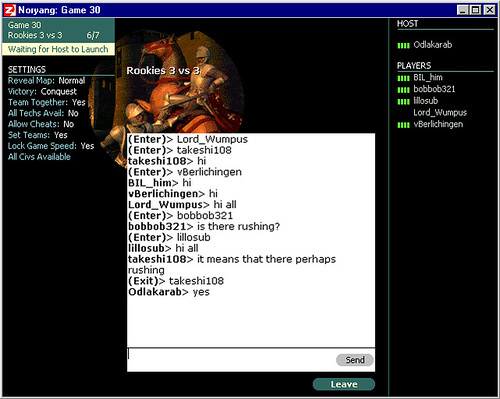I was shopping for shoes recently. The salesman told me that the pair I was examining needed a special treatment before being used. I asked him if he could perform this treatment for me before I left the store, if I chose them. “Of course”, he said without flinching.
“OK then”, I said, “I’ll take them”.
We go the counter and he looks in the back room for the shoe treatment agent (or whatever it was). He comes back out with an apologetic look and says “sorry, we didn’t have the agent after all”. “No big deal”, I say and buy the shoes.
Then last week I went shopping for a washing machine (the horror!). The salesman gives us a wonderful performance, elegantly geared towards steering us towards the most expensive of his machines. The whole thing is a combination of personal anecdotes and daring signals of personal integrity (he went as far as to question whether we should by a new one at all – we might have our old one repaired – it would be more environment friendly – I thought he was brilliant). Anyway, before we made up our minds about which machine to get, I ask him if we can get the machine within one or two days. “Of course”, he says, “they’re all in stock”.
So we go home and think and having made up our minds I call the salesman and tell him we want the expensive model. He says: “Excellent choice. Let me just confirm that we can get it to you right away and get back to you”. He calls back in 10 minutes to inform me that delivery will unfortunately take eight days because the supplier is out of stock. “OK“, I say, “just get it to us as soon as possible”.
Here’s the principle: As long as the customer is contemplating a purchase, tell him that any small request can be met, even if it’s untrue or you simply have no idea. Once the customer has made his choice, informing him that the small auxiliary promises unfortunately cannot be kept is very unlikely to make him change his mind about the purchase itself.





